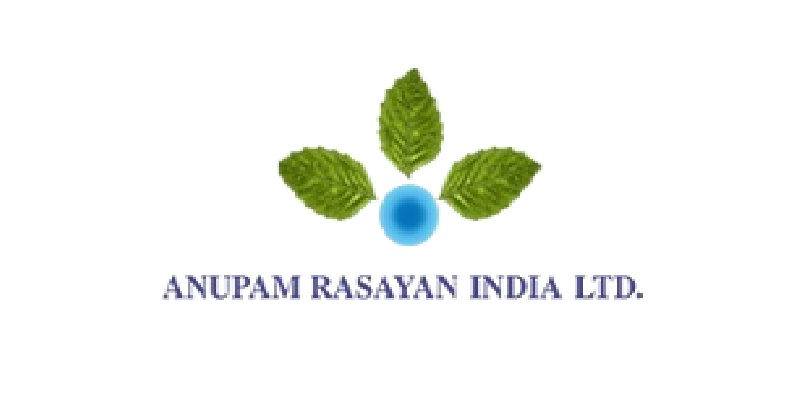Schedule a Call Back
The future of smart logistics: Harnessing AI, IoT & blockchain: Rohit Chaturvedi
 Articles
Articles- Nov 26,24
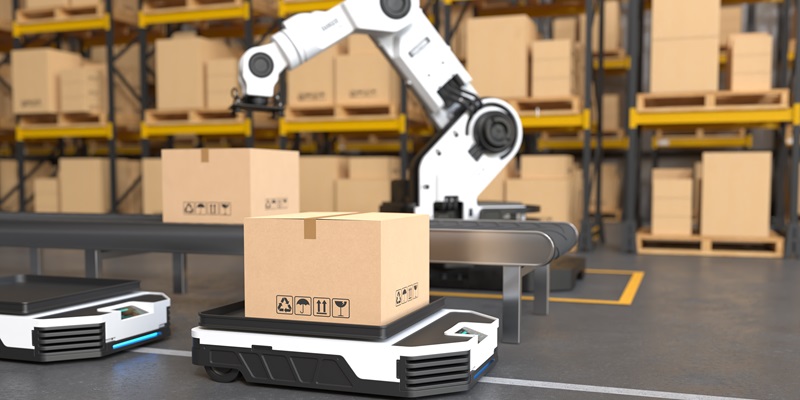
Related Stories
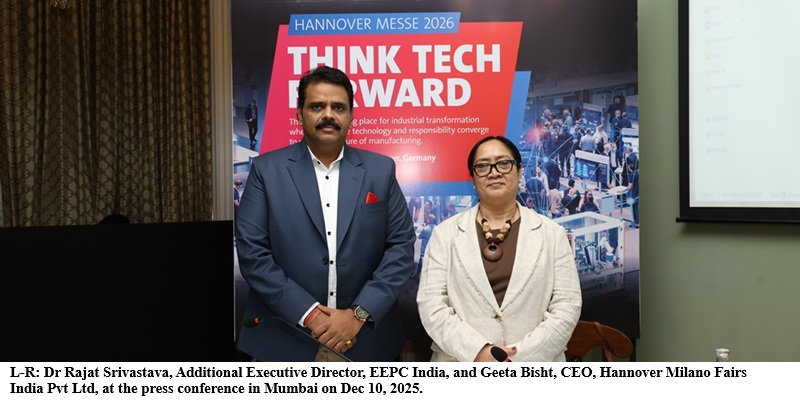
Hannover Messe 2026 to focus on automation & digitalization, adds Defense Area
At the upcoming Hannover Messe, AI will be a recurring theme throughout all the halls, and will play a central role on almost all stands.
Read more
Physical AI Emerges as the Operating System of the Modern Industrial Economy
Physical AI is transforming automation by merging robotics and generative AI to reshape productivity and unlock new industrial applications, shares Dijam Panigrahi, Co-founder and COO, GridRaster In..
Read more
Reimagining Project Management in India’s Construction Sector
While infrastructure investments have surpassed $ 850 billion in India, nearly 60 per cent of projects suffer cost or schedule overruns. Hence, it is important to drive efficiency, collaboration, an..
Read moreRelated Products
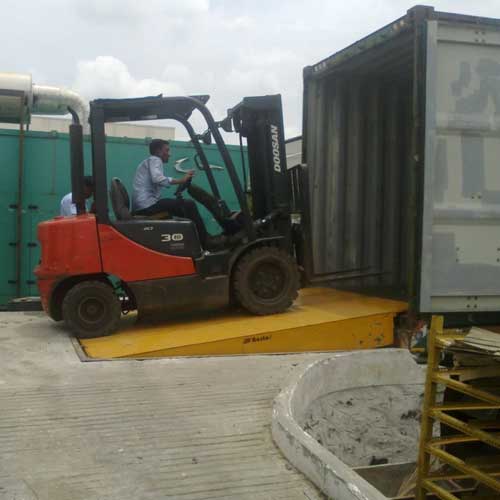
Dock Leveller
Besto Material Handling Equipments offers a wide range of dock leveller.
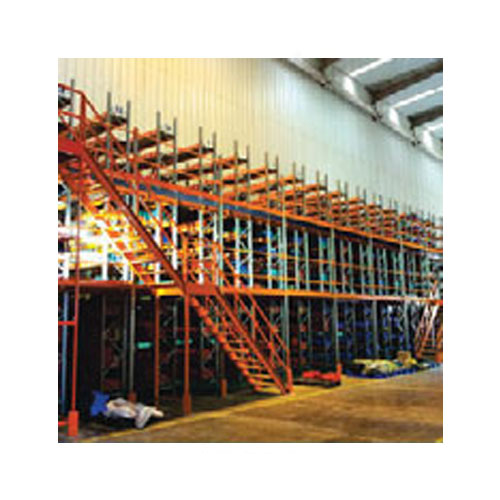
Multi Tire
SCI Storage Solution offers a wide range of multi tire.
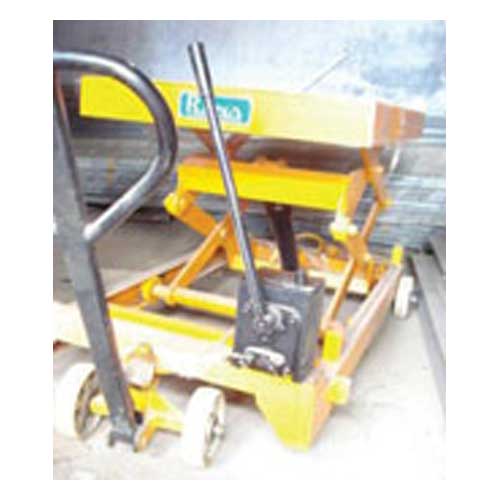
Industrial Lifting Equipment
Rana Material Handling Equipments Pvt Ltd offers a wide
range of industrial lifting equipment.





